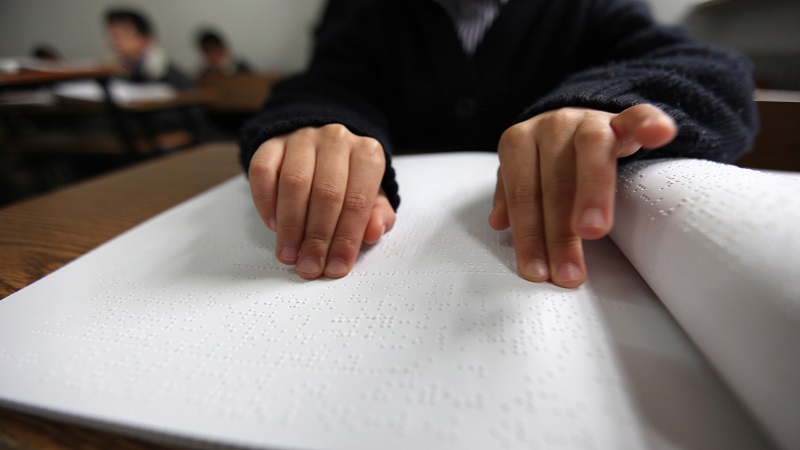As the world marked International Day of Persons with Disabilities yesterday, a day meant to promote an understanding of disability issues and the rights of persons with disabilities, Blind SA has raised the alarm on the plight of blind children in South Africa. According to Blind SA CEO Jace Nair, blind and partially sighted school children are being deprived of the basic rights to education.
“Our concern is that there are no programmes available for blind children. There are very few Early Development Centres (ECD) at the schools for those who have no vision and therefore children with disabilities are sent to school as late as 10 years old, which is not fair,” he said.
The South African Human Rights Commission reported that between 500 000 and 600 000 children with disabilities are out of school.
Nair said in South Africa there are only 22 blind schools almost 6000 blinded learners from Grade R to Grade 12 and most of these children stay in residential areas at the school.
“The children at these schools are not only being deprived of a proper learning environment but they are also far from their families and live on the school grounds. They do not have access to textbooks, recreational reading material, prescribed books and library books which means they are unable to obtain the necessary knowledge which hinders their ability to learn,” he added.
Nair further said learners do not have access to braille writing machines that they can use individually.
“The department of education at a national and provincial level don’t understand the importance of having these machines. We understand that getting the machines into the country is a bit expensive because they have to be imported from other countries, but we need officials from the department to understand that these children need it in order to have the basic rights to education met,” he stressed.
The NGO has been in communication with the department, but the cries seem to fall on deaf ears.
“We are not getting any response from the department. We submitted a memorandum to the MEC of education in Gauteng as well as Limpopo, but they have not done anything to assist, while our children’s rights to basic education is being violated. We urge government to provide the necessary resources needed so the children can have a better education,” he said.
The White Paper on the rights of persons with disabilities states that the employment equity and work opportunity targets for persons with disabilities should increase to at least 7% by the year 2030.
According to Nair 90% of blind adults have low levels of literacy and skills, therefore most of them are unemployed.
“Approximately 60% of blind people are employed in the public or private sector, so there is a need for blind and partially sighted persons to earn an income by being exposed to entrepreneurial training so that they can set up a small businesses to be able to earn an income.”
He said government’s needs to rethink their approach to education for people with disabilities needs a re-think and not every person with a disability must be treated exactly alike in the education system. VOC






 WhatsApp us
WhatsApp us 

